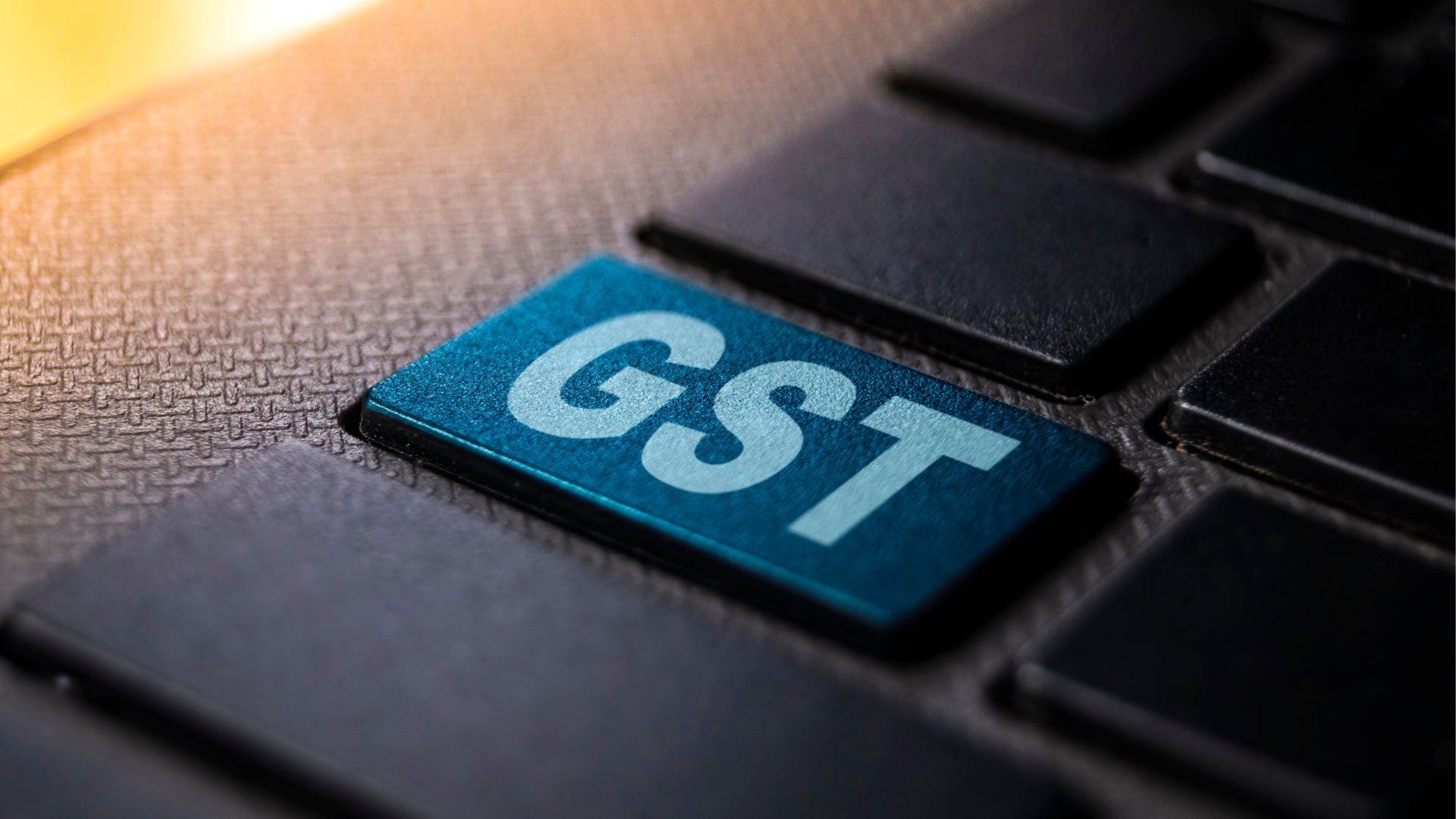Singapore is to increase its goods and sales tax (GST) with effect from January 1, 2023, from seven to eight percent. This increment is only the first of two planned increases in the GST rate as mentioned in the 2022 state budget. The second increase, which is also by one percentage point, will take effect on January 1, 2024.
The revenue from these increases in GST will go towards supporting Singapore’s healthcare expenditure and caring for senior citizens.
The rate changes were mentioned in Singapore’s 2022 state budget announcement.
What is GST?
GST is a value-added tax levied on most supplies of goods and services as well as on imported goods.
What you need to know as a GST-registered business
The rate change affects GST-registered businesses that sell or purchase goods or services that are subject to the standard rate of GST.
The first rate change from 7% to 8% in 2023.
For any standard-rated supplies of goods or services that you make on or after 1 Jan 2023, you must charge a GST rate of 8%. For example, if your business issues an invoice and receives payments for supply on or after 1 Jan 2023, you must account for GST at 8%.
If you are a GST-registered business that is subject to reverse charge (“RC business”), you must account for GST at 8% on the services you procure from overseas suppliers (“imported services”) on or after the 1st of January 2023.
However, there are special transitional rules for supplies that span the change of rate. This may affect the GST rate chargeable on the supply.
The second rate change from 8% to 9% in 2024
The same transitional rules for supplies that span the change of rate will apply when the GST rate is increased from 8% to 9% with effect from 1 January 2024. IRAS will provide more details and updates to prepare businesses for the second rate change by April 2023.
GST-registered businesses are strongly encouraged to start preparing early for a smooth transition to the new GST rate. For example, you may need to modify your point-of-sale, invoicing, accounting, and other systems, your price displays to reflect the new rate, as well as communicate clearly to customers about how the GST increase will impact them.
What you need to know as a non-GST registered business
For non-GST registered businesses, there may be an increase in the cost of goods and services purchased from GST-registered suppliers after the increase in the GST rate.
To reduce the increased business costs arising from the GST rate increase, non-GST registered businesses can apply for GST registration voluntarily so that they may recover the GST incurred on expenses. As voluntarily registered businesses must remain registered for 2 years, businesses should carefully weigh the pros and cons and consider relevant factors before deciding to apply for GST registration.
Non-GST registered businesses should also take into consideration the additional compliance costs involved with the GST rate change if they decide to register before 1 January 2024. If the business cannot bear the additional compliance costs arising from the rate change, it should remain non-GST registered or defer its GST registration until on or after 1 January 2024.
Profiteering Concerns
A number of businesses have been seen to be hiking up their prices or service fees to make up for the additional 1% GST rate increase and also to make up the difference for higher raw material and overhead costs, but have attributed the increase mostly or mainly to the rate changes.
In light of the upcoming rate changes, the Government wants to remind businesses to conduct operations transparently by candidly communicating the reasons for any price increases to customers. Businesses are expected to properly explain the main reasons for the increases in price/fee increases, and not to manipulate the situation to customers by attributing the price increases mostly or mainly to the rate changes.
The Committee Against Profiteering (CAP) takes this matter seriously and will promptly investigate any unjustified price increases disguised as GST increases.
Why is Singapore increasing its GST?
Social spending makes up the largest portion of Singapore’s government’s annual expenditure, especially for healthcare. GST-registered businesses are advised to prepare as soon as possible for the upcoming rate change.
If you need help with GST registration or have questions about GST practices, our professionals at Agile 8 are here to help. Contact us today to get started.

